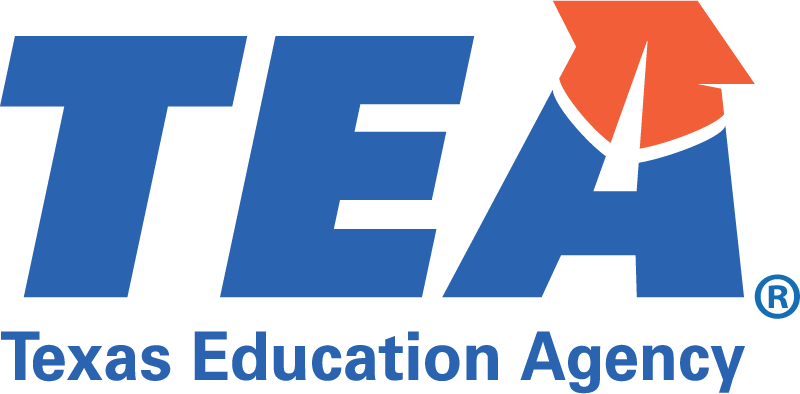Eliminating the Texas Education Agency would be a major overhaul

An effort to abolish the Texas Education Agency (TEA) and redistribute its powers and responsibilities to the State Board of Education and the Comptroller’s office has garnered attention even though it's unlikely to pass.
The bill filed last month by Rep. Andy Hopper, R-Decatur, hasn't been scheduled for committee hearing or gained traction in the Senate with a companion bill.
Hopper announced his plan in a post on X:
"President Trump has called upon every level of government to eliminate inefficiencies and waste. In Texas, there is perhaps no other agency that exemplifies rampant, unaccountable bureaucracy and bloat more than the Texas Education Agency. Texans pour billions into this state agency with the expectation that it will somehow improve education, but have been constantly and profoundly disappointed in the results. With the filing of HB 2657, I would like to start the process of addressing the systemic issues with public education in Texas by abolishing a largely useless state bureaucracy."
A representative from his office said, "The intent of the bill is to put control back into the hands of local districts and taxpayers by keeping the future of education under elected boards."
The TEA is a state agency that is responsible for any and all things relating to primary and secondary public education in the state of Texas. The agency is overseen by the Commissioner of Education Mike Morath. The TEA’s website goes into more detail outlining the specific responsibilities it is accountable for.
TEA Responsibilities
Administers the distribution of state and federal funding to public schools
Administers the statewide assessment program and accountability system
Provides support to the State Board of Education (SBOE) in the development of the statewide curriculum
Assists the SBOE in the instructional materials adoption process and managing the instructional materials distribution process
Administers a data collection system on public school information
Performs the administrative functions and services of the State Board for Educator Certification
Supports agency operations, including carrying out duties related to the Permanent School Fund
Monitors for compliance with certain federal and state guidelines.
The State Board of Education (SBOE) is the policy-making branch of the TEA.
“The sole purpose of the Texas State Board of Education (SBOE) is to oversee and set policies for the state's public education system, said Gustavo Reveles, SBOE member. "This includes adopting curriculum standards, approving instructional materials, managing the Permanent School Fund, and establishing graduation requirements to ensure a high-quality education for Texas students.”
Hopper's doesn't explain how the duties of the TEA would be transferred to the SBOE.
“The abolition of the TEA and the position of commissioner of education and the transfer of those responsibilities to the SBOE would, by definition, have a tremendous impact on the Board,” said Reveles.
The SBOE last met in January, before the bill was filed. “The SBOE has not discussed this bill," said Reveles. "The SBOE met in January and is not slated to meet again until April. The development of that agenda, and any item that would allow the Board to discuss the items, is the responsibility of the SBOE Chairman, Member Kinsey.”
Transferring financial responsibilities to the comptroller's office would be a massive undertaking. The comptroller’s office has taken over offices before but not an agency the size of the TEA. Since Sept. 1, 2024, TEA reported that it has spent $22.5 billion, just under the total GDP for Albania, according to World Bank. The Comptroller’s office does not comment on legislation.
"There is currently no fiscal note attached to the bill, but it’s important to note that the TEA currently has an operating budget of more than $500 million," said a representative from Hopper's office. "The cost of administering the STAAR test is currently $97 million and is expected to exceed $100 million in the next budget. Local control allows for responsible spending, transparency, and access to parents and taxpayers."
Rep. Hopper eliminating TEA would give parents more of a say in the children's education.
"Abolishing the unelected TEA would instead give power to the elected SBOE who are held accountable to the taxpayers," said a representative from Hopper's office. "Texas students and teachers are struggling, and parents and taxpayers are losing faith in the system. This change would allow parents of children in public schools to have a seat at the table in electing the people who are charged with setting the policies for their children’s education."




